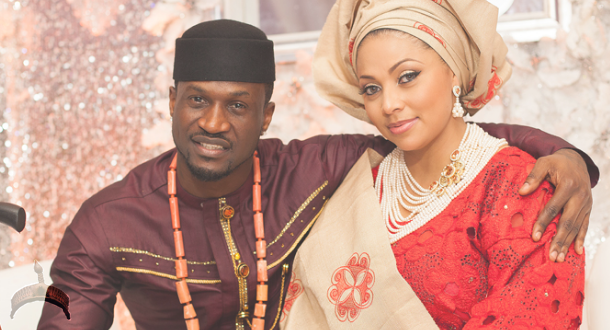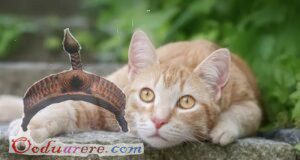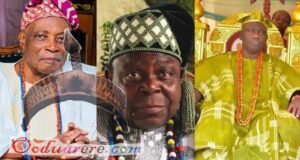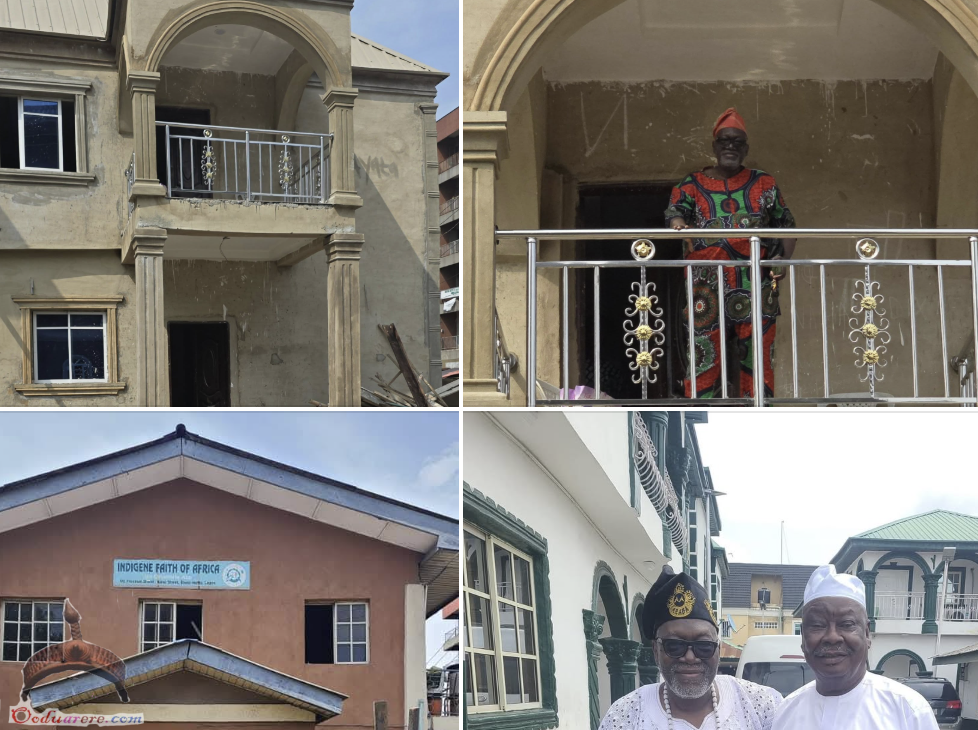In the history of the Yorùbá people, marriage has been very significant and its a thing of joy. Marriage is not just something that happens between just a man and woman alone. Marriage includes a relationship between the husband, wife, mothers, fathers and relatives.
As explained in Ogbe Ògúndá that it was the suffer that was inflicted on Orunmila in Iwo that we now regard as “Iyawo/Iya Ìwó” meaning “the suffering of Iwo”. So the meaning of wife is Iyawo. Which means every man must value them because real and Good Iyawo are hard to come by, so when you have one, keep and treat her well.
Without wasting much of our time, let’s see the steps our fore fathers follow to getting married to someone.
Step 1 is Ìfojúsóde:
If a guy is ripe for marriage, his parents will help him look out for a good lady to get married to because they believe he’s young and they know more than he do. So after getting a good lady, the next thing is
Step 2 Ìtoro
Ìtoro means to go ask for something. Very early in the morning, the parents of the boy will go to the lady’s house to ask for the permission of the lady’s parent to allow their daughter to marry their son. The boy’s parent may go with a keg of palm wine, Kolanuts and bitter kola. So after discussing, the lady’s parent will tell them to come back for their reply.
Step 3 is Ìwádìí meaning Findings or research.
The two parents are first going to meet a Babaláwo tó do some findings, to know if the two of them are compatible and to know what their future holds. If Ifa comes out positive, the parents will go into the village to do some research about the family their child wants to get a partner from. They WI want to know if they are good people, debtors, thieve, arrogant or if they have family disease like epilepsy or maybe they have any record of madness in the family.
The next step is Ìjóhen/Ìsíhùn/Ìjéhòo
This means the reply from the lady’s family to the guy’s family that “Yes the agreed to allow their daughter marry their son. So the guy’s family will have to pay then for saying Yes which means “owo bàbá gbó, ìyá gbà”. So from this point, the lady and the boy can now start standing together to talk.
The next is Àna síse:
This is the next step when the male will be taking care of his fiance’s family. He will get then gifts, when they have work to do on their farm, he will go and help them. He will be there for them when they need him until the lady is finally ready to go to her husband’s house.
The next step is Ìdána
This is the step where the husband and his family will go to the lady’s house to do the proper rights before they start preparing for marriage. They family of the husband will go to the lady’s house with Yam, honey, sugarcane, salt, Àadun, with cloth, Kolanuts, bitter kola, alligator pepper, white plate with cover and money. So all these materials are to be used to pray for the two young couple. So after this, the two family are going to conclude on when the marriage is going to be. So after this, the next thing is the D-Day of the marriage ceremony.
To be continued… ”
~Owó

 Ọmọ Oòduà Naija Gist | News From Nigeria | Entertainment gist Nigeria|Networking|News.. Visit for Nigeria breaking news , Nigerian Movies , Naija music , Jobs In Nigeria , Naija News , Nollywood, Gist and more
Ọmọ Oòduà Naija Gist | News From Nigeria | Entertainment gist Nigeria|Networking|News.. Visit for Nigeria breaking news , Nigerian Movies , Naija music , Jobs In Nigeria , Naija News , Nollywood, Gist and more








